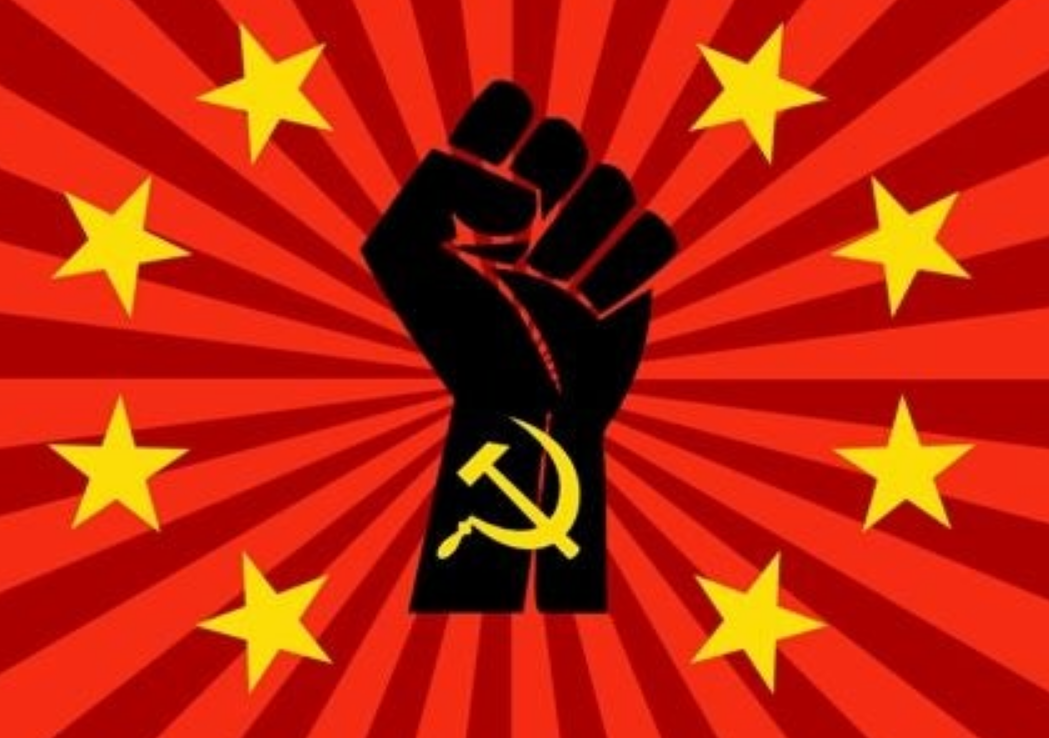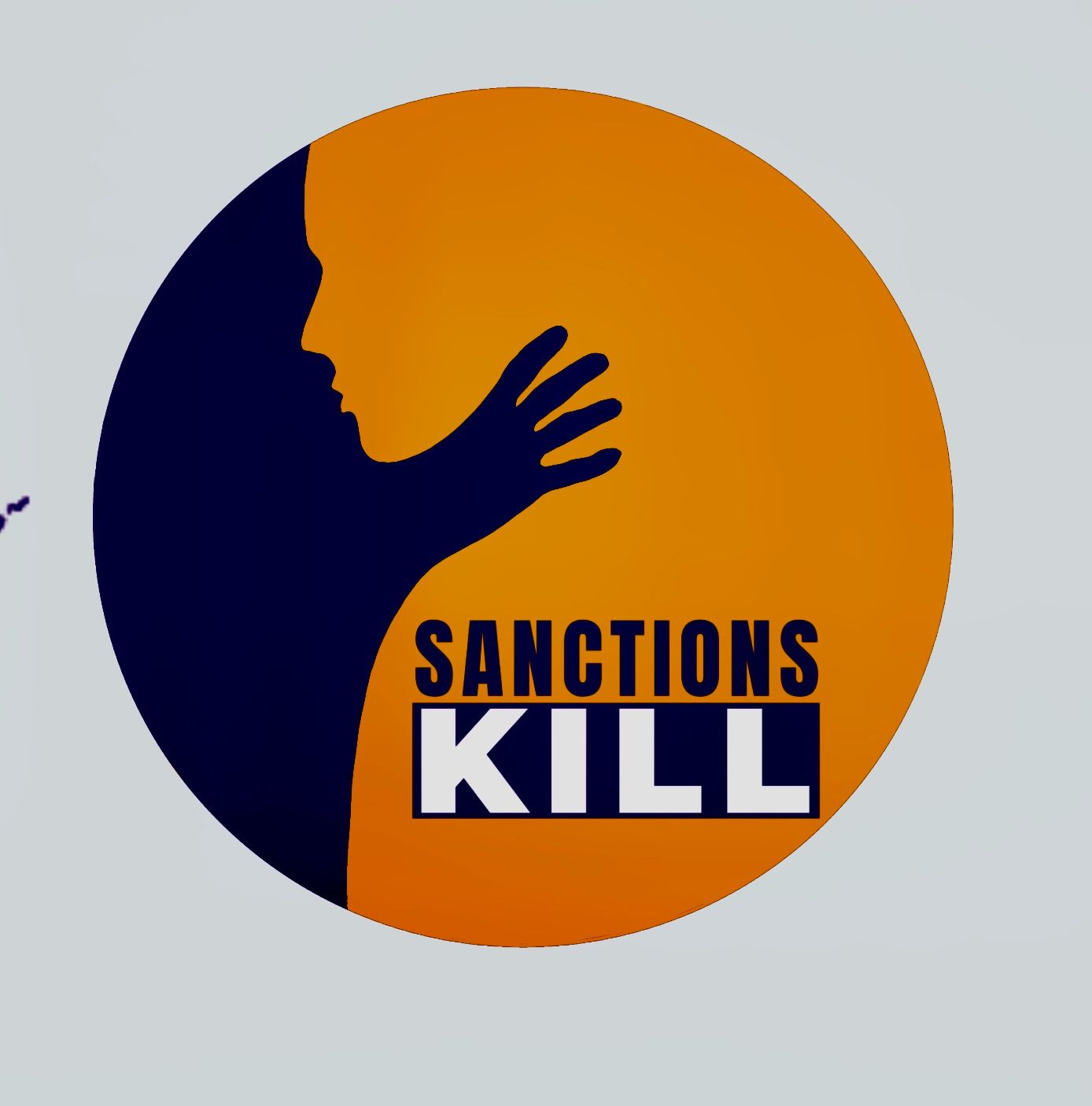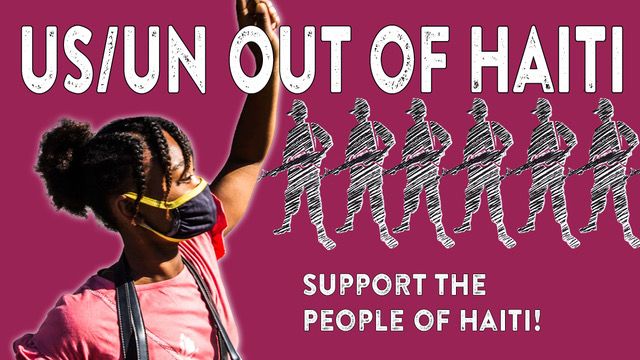This is a joke, right? Kindly tell me that this is a joke.
Anarcho-Bolshevik
‘Lemmygrad’s resident expert on fascism’ — GrainEater, 2024
‘The political desperadoes and ignoramuses, who say they would “Rather be Dead than Red”, should be told that no one will stop them from committing suicide, but they have no right to provoke a third world war.’ — Morris Kominsky, 1970
- 3.15K Posts
- 2.48K Comments
Invading Imperial America is almost impossible because of its large size, infrastructure, diverse geography and climate. There may be plenty of countries that (rightfully) hate this piss bucket, but they aren’t suicidal either. Soldiers don’t need to lay their lives down thousands of miles away to protect this empire since conquering it militarily would easily be the hugest pain in the ass in all of history.
one increases corporate profits and the other doesnt [sic]
https://northboot.xyz/search?q=Iraq+war+was+about+oil&language=en

 24·1 day ago
24·1 day ago“The flag is upsetting not just for Ukrainians who have family members there right now, but any Ukrainian alive today who has parent, or a grandparent, or a great-grandparent that suffered the atrocities of soviet rule.”
The flag is upsetting because it is associated with atrocities? Fine. Quoting Grzegorz Rossoliński‐Liebe’s Stepan Bandera: The Life and Afterlife of a Ukrainian Nationalist, pages 184–5:
The building in which the militia station would be established was to have a yellow‐and‐blue Ukrainian flag on it.¹¹⁸ For the purpose of establishing the militia, the OUN‐B was wary of “provincial cities that are inhabited with foreign‐national elements.” In such cases, the Ukrainian militiamen were to be recruited from adjacent villages.¹¹⁹ The Ukrainian militiamen from villages were expected to establish “order [lad i poriadok]” in the cities and to “cleanse” them of “Soviet intelligence, counterinsurgency, etc. officials, Muscovites, Jews, and others.”¹²⁰
Pages 186–7:
Spreading rumors about the death of Stalin or the start of a revolution in Moscow was also intended to become an important activity of OUN‐B activists during the “Ukrainian National Revolution,”¹³⁰ as were putting up yellow‐and‐blue […] flags at every administrative building, painting tridents in black on buildings, printing posters, hanging them in public spaces, prompting the population to participate in parades, greeting OUN‐B members from the area of the General Government, cheering and greeting the [Axis] troops in the name of the Leader Stepan Bandera, organizing propagandist funerals for dead revolutionaries, and so on.¹³¹
In addition, the OUN‐B revolutionaries were to motivate the population to refuse to help wounded enemies. They were also expected to inform everybody in the revolutionary territories that there would be no mercy for those who did not follow the rules and orders of the OUN.¹³²
Page 214:
Because the pogrom in Lviv took place at the same time as the proclamation of the Ukrainian state, the city was full of yellow‐and‐blue and swastika flags, and posters blaming the Jews for the murder of the prisoners, or celebrating Stepan Bandera and Adolf Hitler with slogans such as “Long Live Stepan Bandera, Long Live Adolf Hitler.” The “Great German Army,” the OUN, and the war against “Jewish communists” were also celebrated on posters, under which fell the bodies of murdered Jews.
(Emphasis added in all cases.)
Unfortunately for us, anticommunists already have their response ready.
Yes, we get it: at least 99% of the Axis’s employés and collaborators hated every microsecond that they spent serving the Axis, and every businessman (even foreign ones) wept whenever the Fascists forced him to sell his goods to them! Barminam, I’m sure that immediately after Zionism collapses anticommunists are going to spread a massive lie that 99% of its citizens actually loved Palestinians and always hated the war on them.

 7·3 days ago
7·3 days agoFirst, they assassinated the commander of the [Zionist] military police in Gaza.
This is the only part of the video that I enjoyed.
“We teach the children the truth. How the Jews persecuted the prophets and tortured them. We stress that the Jews killed and slaughtered Arabs and Palestinians every chance they got. Most important, the children understand that the conflict with the Jews is not over land, but rather over religion. As long as Jews remain here, between the [Jordan] river and the sea, they will be our enemy and we will continue to pursue and kill them. [When they leave we won’t hurt them.]”
The origin of that quote seems to be from Haʻaretz back in 2006, who purportedly quoted a camp director named ‘Hisham’ who was awfully open about the camp’s purpose. Not what I’d call a watertight source, but I can understand the narrator’s scepticism when he said that the camp puts on plays about how the neocolony ‘supposedly’ treats Palestinian prisoners. The plays almost certainly undersell the mistreatment.
As for the rest of the video, I can’t say that I am impressed, given how ridiculously easy it would be for anybody to point the accusations in the opposite direction. Don’t believe me? Look: https://northboot.xyz/search?q=Israeli+children+hate+Arabs&language=all
The Palestinian people does not exist.
The PLO Charter of 1968 declared that ‘the Palestinian people are an integral part of the Arab nation.’ Zahir Muhsein really wasn’t that important as a PLO member (he only represented one faction of it), but in any case it should be apparent from the (alleged) quotation that he was speaking from a pan‐Arabist viewpoint: by implication he also said that the Lebanese, the Jordanians, and the Syrians ‘don’t exist’ either. As with the Mufti Haj Amin al‐Husseini, this is another example of Zionists blowing somebody’s importance way the fuck out of proportion to bolster their pathetic propaganda.

 13·3 days ago
13·3 days agoI guarantee that a Zionist is going to see this and baselessly assert ‘not Jews’.

 9·3 days ago
9·3 days agoARE YOU SAYING MASSACRING BABIES IS A GOOD THING‽

 7·3 days ago
7·3 days agoYou know what? I wasn’t going to vote, but after reading these Tumblr posts I have finally decided to try it in November. Give me a few hours and I’ll upload my voter registration ID here as proof.
My impression is that the early Ottoman Empire was more tolerant of ethnic and religious minorities than early modern Europe, hence why many European Jews took refuge there. The late Ottoman Empire, on the other hand, became increasingly intolerant towards its minorities as it shrunk, to the point where even many Muslims resented the empire.
Regrettably I forgot the source, but I thought that I read somewhere that it became common for (Arab) Muslims to defect from the Ottoman military.ETA: Here it is! (It is somewhat different from how I remembered it, but that is definitely the source.)
Imagine if somebody decided that Sussexians and Englanders were actually separate folks.
Needs more flags. F−
Incredibly, I have seen some users say ‘pronouns in bio; argument invalid’ unjokingly.
What the fuck was wrong with him?
That’s a good question! We can start with—
Inb4 commies chime in with a 100 page essay + MATLAB script
…oh.

 30·8 days ago
30·8 days ago⇧ Trump is going to win entirely because of this comment.

 20·8 days ago
20·8 days agoYes, yes, yes, yes, yes, we get it! Boycotting a public opinion poll is an atrocity worse than the Shoah, the Porajmos, and the Meds Yeghern combined! Change the fucking record already.
socialization
Maybe I just went to an especially awful school, but I can honestly say that my days in public school were easily the worst years of my childhood.
We rarely did group projects, the teachers regularly encouraged us to be ‘quiet as a snowflake’, and when she came into a room full of talking students, she was unhappy. One student got me in serious trouble by falsely reporting me for swearing. The few friends that I made either moved away, lost interest in me, or turned out to be horrible people. There was one kid whom I mistook for a friend for a few weeks until his brother thought that it would be funny to squirt a lighter full of water at me and say that he was going to burn me. Then my ‘friend’ pushed me on the ground and told me not to even come near his house anymore. I was in such a state of shock that I hid myself in my room as soon as I got home, and I told nobody about it until years later. (I once mentioned in passing to my parents that my school kicked out somebody, and for some reason they would not leave me the fuck alone until I said more about that.)
Admittedly, there were times when I acted shitty too, like throwing pebbles at others for fun, and I thoughtlessly told somebody that he was going to Hell just for disobeying the teacher, but at least I felt guilty about how I misbehaved. Whatever the case, I learned from my mistakes by acting more reticent.
Then years later, when I said on a forum (the Penny Arcade one, in case somebody cares) that I didn’t consider socializing an important part of school, somebody responded by calling me “[insert ableist slur here]”… it should have been a sign that maybe something in my childhood went horribly wrong, but nope, he instantly concluded that I must have been the problem, which is so hideously lazy that I can’t even begin to describe it. Americans are very antisocial as a people.
I was unaware that Argentina consisted entirely of billionaires.





























Quid ad nos ? Tu videris.